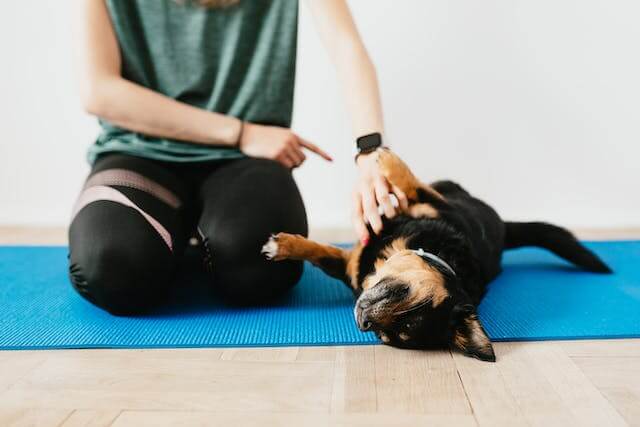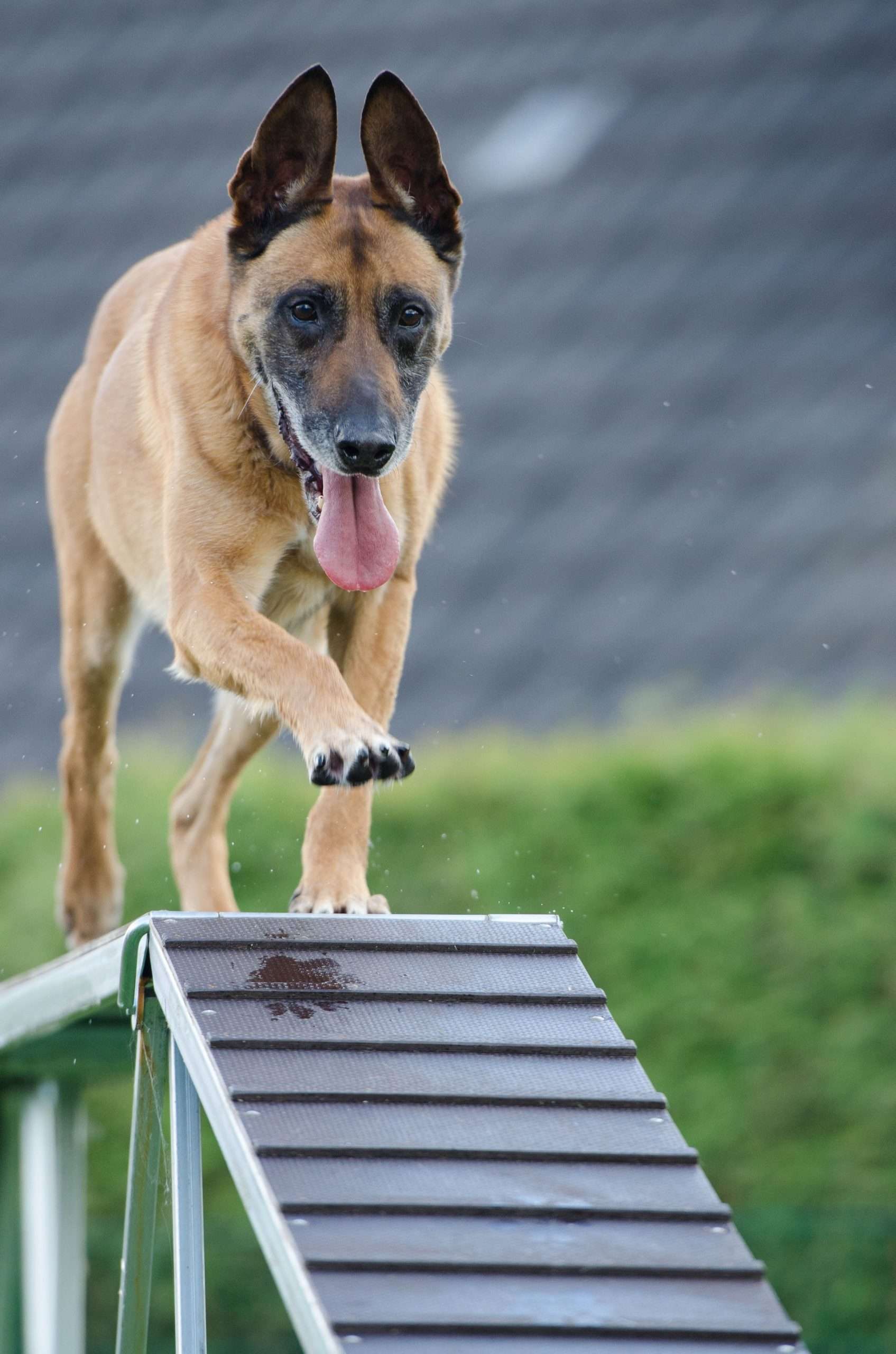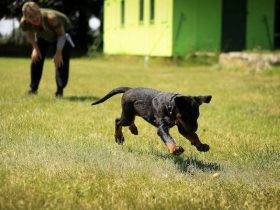Choosing the Right Dog Training Camp
Whether you’ve just adopted a new puppy or are looking to train an older dog, sending them to a dog training camp can help you establish positive behaviors and a strong bond. However, with so many options available, deciding on the right camp can feel overwhelming. In this comprehensive guide, we’ll explore the different types of dog training camps, factors to consider, and tips for choosing one that best suits your dog’s individual needs and personality.
Types of Dog Training Camps
There are several common types of dog training camps to choose from, each with their focus and methods. Understanding the differences between these dog training cams can help you select the most appropriate option:
- Basic Obedience Camps for Dogs: These short-term camps lasting 1-2 weeks focus on basic obedience commands like sit, stay, come, down, and heel. Dogs learn control and manners through positive reinforcement training. Best for puppies or dogs needing housebreaking and socialization skills.
- Advanced Obedience Camps for dogs: For dogs with some basic training, these camps aim to prove and fine-tune obedience to distractions. The training addresses complex commands like distraction-proof off-leash work, agility, or competition obedience.
- Problem-Solving Camps for dogs: If your dog has developed behaviors like aggression, separation anxiety, or destructiveness, these longer 3-4 week programs customize training to resolve underlying causes through techniques like desensitization and counter conditioning.
- Lifestyle Camps for dogs: Geared towards active owners, camps teach dogs skills for activities like hunting, tracking, search and rescue, therapy work, service work, or competitive sports. Training builds confidence through real-world applications.
- Board and Train Programs for dogs: In these programs, professional trainers board your dog for 10-21 days while providing 6-8 hours of daily training. Dogs live and train full time on-site. Owners are provided full training plans and support upon return.
Factors to Consider When Choosing a dog training Camp
With an understanding of different dog training camp types, carefully evaluate these factors to find the best match:
Trainer Qualifications – Check certifications and experience level. At minimum, look for CPDT-KA certifications guaranteeing humane, force-free methods.
Methods – Ensure training philosophy aligns with your values using positive reinforcement without punishment, intimidation, prong/shock collars.
Facilities – Check that kennel, play yards and ratio of dogs to trainers ensure quality enrichment and personalized attention.
Dogs Accepted – Consider energy level, experience requirements, any certification prerequisites for activities like therapy or search and rescue.
Schedule Options – Part-time day camp or full board may suit your schedule needs versus live-in programs.
Cost – Programs range from $25-$150+ per day. Check if packages offering multiple dogs discounts are available.
Online Reviews – Read testimonials to identify common themes that demonstrate a camp’s strengths and weaknesses.
Communications – Ask about frequency of progress updates, ability to contact trainers, and post-program support.
Your Dog’s Personality – High-energy or shy dogs may thrive best in controlled, small class sizes versus open fields with many dogs.
Filter options that meet your fundamental criteria, then schedule visits to observe training style and comfort level of dogs in action. Trust your instinct on which dog camp feels like the best cultural fit. Identifying red flags early on will help you avoid regret later.
Tips for Preparing Your Dog for a training camp
With the right camp selected, take these final steps to set your dog up for training success:
- Gradually crate train using positive reinforcement to associate crate with comfort at home before camp.
- Practice basic obedience – sit, down, stay, come – to build confidence and focus on-leash.
- Socialize your dog through positive interactions with people and other friendly, vaccinated canines to improve confidence.
- Visit the camp facility ahead of your dog’s first day so they feel comfortable with the environment, smells and sounds.
- Provide your dog’s favorite toys, blankets to bring for comfort and enrichment during off-training periods.
- Send recent photos of you and your family for camp trainers and to display for your dog.
- Pack a care package with their regular food, bedding, and any medications with clear instructions.
- Use time apart as an opportunity to work on commands learned, build regularly on skills and bonding back home.
With preparation, the right camp-dog match, regular communication and follow-through training at home, you can expect a well-socialized companion ready to make you proud! Ask your trainer any other questions – their mission is providing you with the tools and support for long-term success.
In conclusion, dog training camps offer an enrichment opportunity when finding the right fit for your dog’s needs and your lifestyle. Careful consideration of camp specialties, credentials, training philosophy and personality matching will point you towards an experience that empowers you both through a stronger human-canine bond built on trust and mutual understanding. Don’t hesitate to trust your gut and advocate for your furry family member – their healthy adjustment and happiness should be the top priority. With the right resources, any dog is capable of positive change.





Leave a Reply